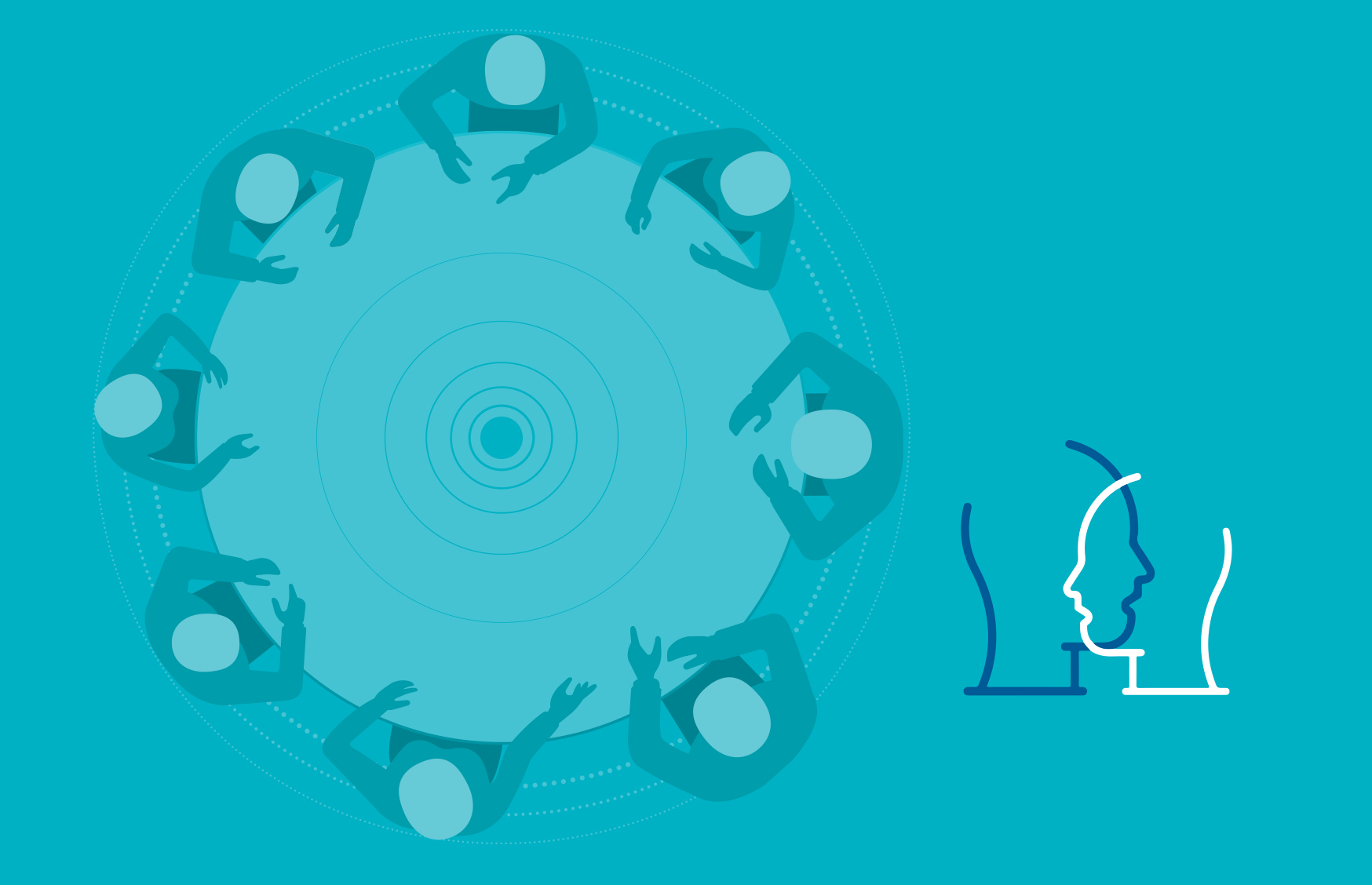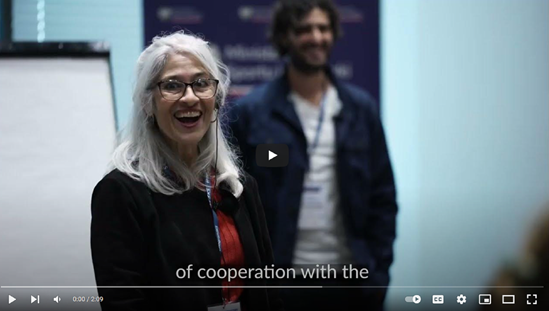Mental health
Mental health should be seen as a valued source of human capital or well-being in society. It contributes to individual and population health, happiness and welfare, enables social interaction, cohesion and security, and feeds national output and labour force productivity. We need good mental health to succeed in all areas of life.
Yet, individuals with mental ill-health are often shunned and denied access to care, with services for promoting and protecting mental health and preventing ill-health often starved of resources. It is vital to not only address the needs of people with defined mental disorders but also to protect and promote the mental health of all people, and recognize the intrinsic value of positive mental health.
WHO/Europe pursues five priorities for mental health:
- the wellbeing of the population by supporting activities that promote mental wellbeing and prevent mental disorders;
- service users’ and carers’ empowerment so that the services can respond to their needs, aspirations and experiences;
- development of services, particularly community-based practice in middle- and low-income countries, where services have traditionally been provided in large mental institutions;
- the state of care for people with mental disabilities in Europe, focusing on the conditions of people with intellectual disabilities and long-term mental health problems, who too often live in unacceptable circumstances, and the development of family support and community services; and
- high-quality information, as it is often lacking.
Services and practice do not always reflect the knowledge of what works in mental health care and treatment. Many countries have limited community-based mental health services and little specialist help for young or elderly people.
Many people in large mental institutions are subject to neglect and abuse of human rights, reflected in high mortality rates. Stigma and prejudice are widespread and affect every aspect of mental health, including whether people seek and receive help.
















